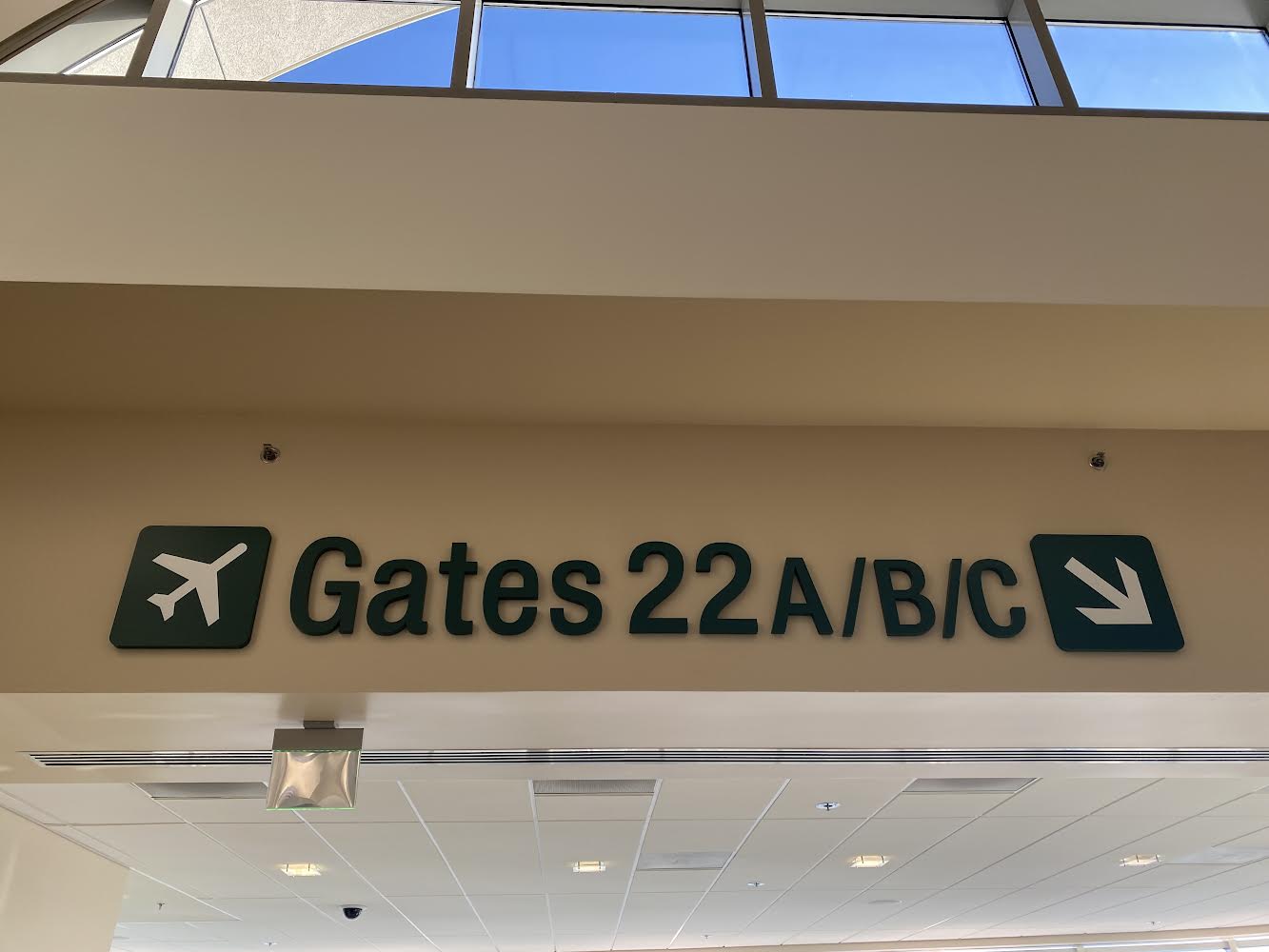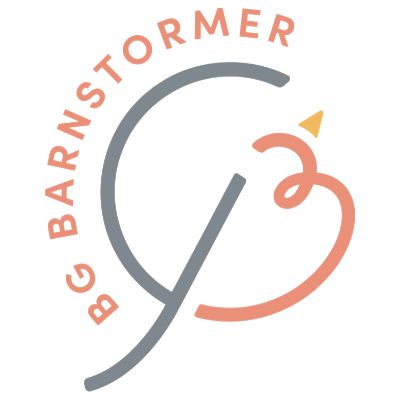Your cart is currently empty!

Airport ABC’s
In 2018 we moved from Kansas to Virginia and started homeschooling. That year, we began traveling with our children on the airlines regularly. At the time, the children were eight, six, and four years old. I remember picking up a free children’s activity book at the local airport and it went through the alphabet, matching each letter to something aviation-related, such as A is for airplane, B is for balloon, etc. Little did I know that by merely living life, we would infuse learning amidst our travels and things we experienced on a daily basis.
The first few trips we took, our oldest navigated the airport by helping us find the right terminal and gate we would be departing from. As each kiddo mastered this, we moved the responsibility to the next child and so on. While our youngest didn’t yet know their alphabet, we were working on the letters. We practiced finding the “A’s” as we traveled through the terminal, then practiced numbers as we went to the gate. It only took a few trips and the children enjoyed not only taking turns with being the navigator, but also teaching our youngest something new like a new letter or quizzing them on a letter they had just learned. Before long, I began to realize that our youngest was going to be learning their entire alphabet in the airport which included real-world application of navigating by airport maps in addition to learning the alphabet.
As we continued to teach the basic letters, we got the game Battleships and I continued the educational session and incorporated learning the phonetic alphabet. I enjoyed listening to the children call “Alpha 5,” followed by, “MISS!” as they played their game. As I reflected on my impromptu lessons, I realized several things. First, learning is innate. Children are naturally curious, constantly absorbing things around them. In aviation instructor training, there are several laws of learning including the law of readiness: If you’re ready to learn, you will learn. This is an important principle for many reasons. For example, our oldest was in public school for a few years before we began homeschooling. They were learning the usual subjects including math and reading; however, they were not excelling at either subject. Sure, they could do the problems for math and figure out the words for reading, but they were not truly ready to learn these. It was not until they were nearly nine years old that they were ready to excel at reading. Most professional school teachers I have met really push reading as early as first grade. While I do not doubt there are a number of students that are ready to learn to read earlier, my student was not one of them. I started to learn the importance of meeting a student where they are, which is exactly what I do when teaching a student in an airplane. If the student I’m teaching to land is having trouble with some basic maneuvers, it is likely that the student will be having issues mastering landing because many of the basic skills give a person the foundation in learning how to land an airplane.
Just as children learn to potty train, they will eventually learn to read and write. Each child masters said skills at different ages based on a variety of factors. For example, with potty training our first child, I was convinced it was going to take a solid week and we would be done at age two. However, as I gained experience in this area, I learned that sometimes things come quicker than others. With our second child, we discovered personality played a roll in the success of their potty training. If they didn’t want to go potty, they weren’t going to. By the time our third child came along, I didn’t even try to potty train them. I basically told my husband when the child was ready, they would just stop using diapers and use the potty regularly in a matter of a few days. This child was by far the easiest to potty train around age four and did not revert as the others had done. This demonstrates the law of readiness.
It is fascinating to me how the law of readiness applies to SO many areas of life, whether you’re learning how to ride a bike or how to fly a plane. In learning to ride a bike, for example, a person is learning how to balance. We had a bike with training wheels for our first kiddo, followed by a balance bike for our next two children. It is amazing the improvement of learning how to balance on a bike made before learning how to incorporate pedaling to riding a bike. With our second two children, they both practiced on the balance bike as well as scooters to learn the skill of balance prior to having a bicycle with pedals. Our third child could easily glide through the neighborhood, perfectly balanced on their bike, which made the moving to a pedal bike a smoother transition. Having gained experience from the balance bike, the children had practically no wipe outs or falls when moving to a pedal bike. Having seen the difference of using training wheels versus a balance bike, I can highly recommend the balance bike and can appreciate each step in the process of mastering balance to accelerate success in learning how to ride a bicycle.
All this to say, no matter where you or your child are in the process of learning, give grace. The skill doesn’t have to be mastered overnight. If they are ready to learn, they will learn. Break the process down and figure out what skills need to be grasped in order to accomplish the end goal. In my oldest child’s case of learning to read successfully, we needed to back up and work on sounding out words. Sight words could only take them so far and learning how to sound out words allowed them to learn new words and attempt to sound them out. Additionally, learning to spell is something that has not come until more recently and the kiddo is now eleven. While some might think I’m far behind, I argue that I’m right on track. I have until the kids turn eighteen to master a number of skills so why does it matter if they master spelling at age seven or eleven? Honestly, I’m rather excited for the kids to master spelling so we can play Boggle, one of my personal favorite games involving spelling words. I have also found that after learning a skill, it is important to reinforce that skill. Playing Boggle will help with challenging the kids to find words and spell them correctly, just as the game Cribbage helps to practice addition skills. Learning through games can be both fun and educational.
As you continue through life, whether you’re raising kids or not, remember the law of readiness when learning something new. I shared our unique story of teaching our youngest the alphabet, and I’m sure some will scoff at my approach. In the end, the child learned the alphabet and can also navigate nearly any airport extremely well. Continue learning all the way through life. It is good for your brain to be constantly challenged to learn something new and keep mentally active.
What have you done in your life that you realized you were learning a skill in a unique way?
Signing off,
-BG Barnstormer
